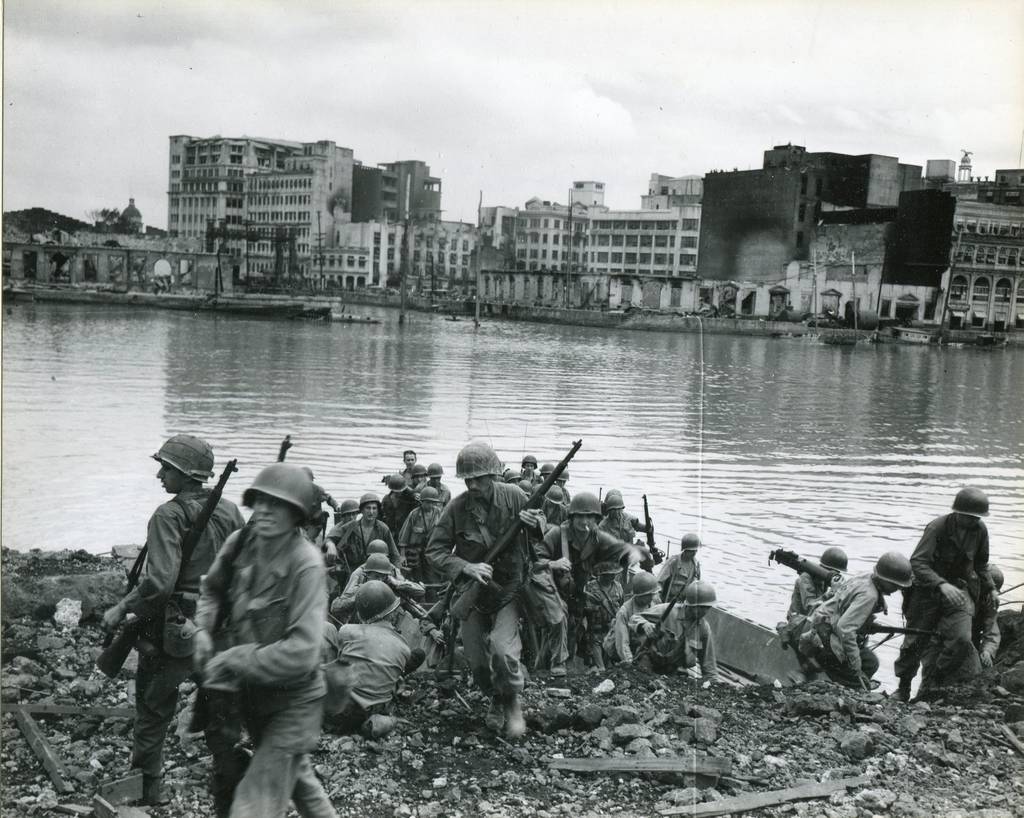The Pacific Theater of World War II was a brutal and intense battleground that spanned across the vast expanse of the Pacific Ocean. The campaign in the Pacific was marked by fierce fighting, brutal conditions, and a relentless island-hopping strategy that ultimately led to the defeat of the Axis powers. Beginning with the surprise attack on Pearl Harbor in 1941, the Allied forces, led by General Douglas MacArthur and Admiral Chester Nimitz, launched a series of amphibious assaults on Japanese-held islands, facing fierce resistance. The battles on islands like Guadalcanal and Iwo Jima were pivotal in securing a foothold in the Pacific, culminating in the dropping of atomic bombs on Hiroshima and Nagasaki, leading to Japan’s surrender and the end of World War II. The lasting impact of the Pacific Theater serves as a reminder of the sacrifices made and the importance of peace.
The Pacific Theater: The Brutal Island-Hopping Campaign in World War II
The Pacific Theater of World War II was a brutal and intense battleground that spanned across the vast expanse of the Pacific Ocean. The campaign in the Pacific was marked by fierce fighting, brutal conditions, and a relentless island-hopping strategy that ultimately led to the defeat of the Axis powers.
Background
The Pacific Theater of World War II began on December 7, 1941, when the Japanese launched a surprise attack on the U.S. naval base at Pearl Harbor, Hawaii. This attack drew the United States into the war and sparked a brutal and protracted conflict that would last for nearly four years.
Island-Hopping Strategy
One of the defining features of the Pacific Theater was the island-hopping strategy employed by the Allied forces. This strategy involved seizing key islands in the Pacific in order to gain strategic advantages and create stepping stones for further advances towards Japan. The Allied forces, led by General Douglas MacArthur and Admiral Chester Nimitz, launched a series of amphibious assaults on Japanese-held islands, often facing fierce resistance from the entrenched Japanese defenders.
The Battle of Guadalcanal
One of the first major battles in the Pacific Theater was the Battle of Guadalcanal, which took place from August 1942 to February 1943. The battle was a pivotal turning point in the war, as it marked the first major offensive by Allied forces against the Japanese. The fighting on Guadalcanal was brutal and intense, with both sides suffering heavy casualties. Ultimately, the Allied forces emerged victorious, securing a crucial foothold in the Pacific.
The Battle of Iwo Jima
Another key battle in the Pacific Theater was the Battle of Iwo Jima, which took place from February to March 1945. The battle was one of the bloodiest in the Pacific, with over 6,800 American troops killed in action. The capture of Iwo Jima was crucial for the Allies, as it provided a strategic airfield for bombing raids on the Japanese mainland.
The Atomic Bombings
The brutal island-hopping campaign in the Pacific culminated in the dropping of two atomic bombs on the Japanese cities of Hiroshima and Nagasaki in August 1945. The bombings led to the swift surrender of Japan and the end of World War II.
Legacy
The Pacific Theater of World War II left a lasting impact on the countries and people involved. The brutal island-hopping campaign and the sacrifice of countless lives ultimately led to the defeat of the Axis powers and the establishment of a new world order. The lessons learned from the Pacific Theater continue to resonate today, reminding us of the horrors of war and the importance of peace.
In conclusion, the Pacific Theater of World War II was a brutal and intense campaign that tested the resolve and courage of the Allied forces. The island-hopping strategy, the fierce battles, and the ultimate victory over the Axis powers all contributed to the Allied triumph in the Pacific. The legacy of the Pacific Theater serves as a reminder of the sacrifices made during the war and the importance of working towards a more peaceful future.
